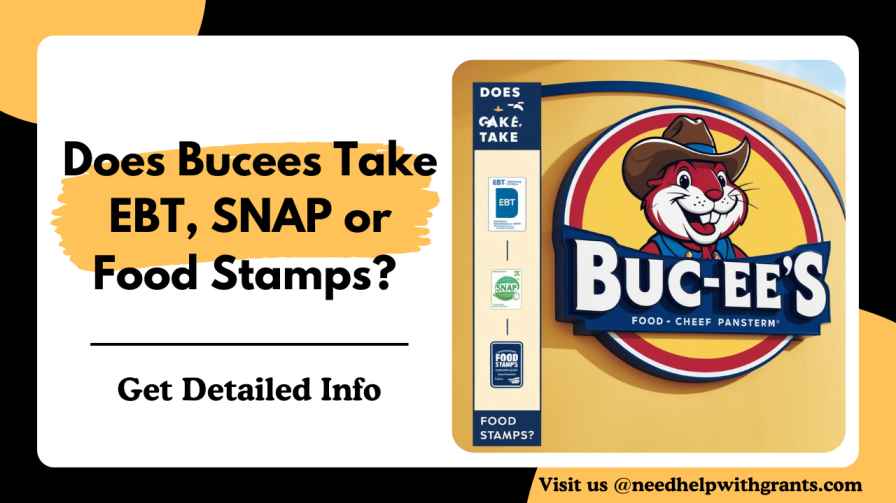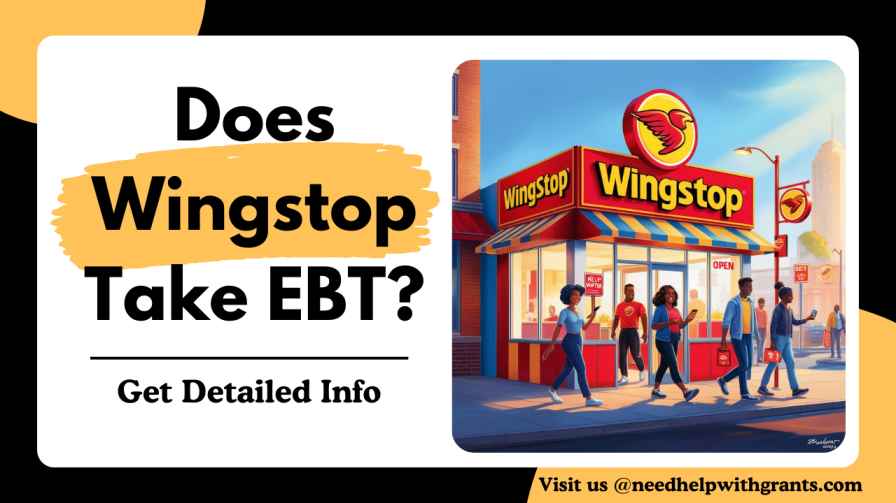Can Undocumented Immigrants Get Food Stamps? Undocumented immigrants in the United States face significant challenges in accessing food assistance programs, particularly the Supplemental Nutrition Assistance Program (SNAP), commonly known as food stamps. As of 2025, federal policies continue to restrict SNAP benefits to U.S. citizens and certain lawfully present non-citizens, leaving undocumented individuals ineligible for this form of aid.
Can Undocumented Immigrants Get Food Stamps?
Undocumented immigrants in the United States are not eligible for the Supplemental Nutrition Assistance Program (SNAP), commonly known as food stamps. This federal restriction has been in place since the program’s inception and has remained unchanged since 2025.
SNAP Eligibility Overview
The U.S. Department of Agriculture (USDA) stipulates that only U.S. citizens and specific categories of lawfully present non-citizens are eligible for SNAP benefits. Undocumented immigrants are explicitly excluded from this program.
Eligible Non-Citizen Categories
| Eligible Group | Waiting Period |
|---|---|
| Refugees, Asylees, Victims of Trafficking, Cuban/Haitian Entrants, Amerasians | None |
| Lawful Permanent Residents (with 5 years of residency) | 5 years |
| Children under 18 in eligible categories | None |
| Individuals with U.S. military connection | None |
Undocumented immigrants do not fall into any of these categories and are therefore ineligible for SNAP benefits.
Recent Policy Developments
In April 2025, the USDA reinforced its commitment to preventing undocumented immigrants from accessing SNAP benefits. Secretary of Agriculture Brooke Rollins directed the Food and Nutrition Service to enforce existing eligibility rules strictly, ensuring that only U.S. citizens and legal residents receive benefits.
Additionally, proposals have emerged to shift a portion of SNAP funding responsibilities to individual states, potentially leading to stricter eligibility requirements and reduced benefits. Critics argue that such changes could undermine the program’s effectiveness in combating hunger.
State-Level Food Assistance for Undocumented Immigrants
While federal law prohibits undocumented immigrants from receiving SNAP benefits, some states have created their own programs or funded initiatives that offer food assistance regardless of immigration status.
1. California – California Food Assistance Program (CFAP)
Status: Active and expanding
Eligibility: Residents 55 and older, regardless of immigration status
As of 2025, California is the only state with a state-funded food stamp program, designed to replicate SNAP for undocumented immigrants.
In 2022, the state legislature passed an expansion to allow undocumented seniors (age 55 and older) to receive monthly food benefits under the CFAP program.
The program issues EBT cards similar to SNAP.
Plans are in place to expand CFAP to all undocumented immigrants, regardless of age, by 2027.
📌 Contact: Visit cdss.ca.gov
2. Illinois – Immigrant Family Support Project (One-Stop Support)
Status: Temporary program during the pandemic
Eligibility: Undocumented households affected by COVID-19
Illinois offered direct food and cash assistance to undocumented families during the COVID-19 pandemic.
Although it is not a permanent program, it laid the groundwork for future models of support for immigrants.
It is offered through nonprofit organizations such as the Illinois Coalition for Immigrant and Refugee Rights (ICIRR).
📌 Contact: icirr.org
3. Oregon – Rogue Food Unites / Oregon Worker Relief Fund
State: Nonprofit-State Partnership
Eligibility: Undocumented and Excluded Workers
The Oregon Worker Relief Fund is state-funded and provides cash and food to undocumented residents who are ineligible for federal assistance.
Rogue Food Unites offers weekly food box distributions and hot meal deliveries with no ID or income required.
These programs operate under a humanitarian framework, not as a formal state welfare program.
📌 Contact: roguefoodunites.org
4. Washington State – Food Lifeline & Partner Programs
Status: State-supported nonprofits
Eligibility: No documentation required
Washington has not yet developed a program similar to CFAP, but Food Lifeline and similar nonprofits receive state grants to provide food to underserved communities, including undocumented immigrants.
Offers mobile pantries, free grocery deliveries, and partnerships with ethnic organizations.
📌 Contact: foodlifeline.org
5. New York – Emergency Food Assistance (HRA and Local Nonprofits)
Status: Blended city-state support
Eligibility: Open to all residents
While SNAP is restricted, New York City funds emergency food assistance through its Human Resources Administration (HRA).
Food pantries and soup kitchen partners do not require immigration status.
Programs like the NYC Care Card offer access to city services, including referrals to food assistance.
📌 Contact: nyc.gov
Community Support
Several organizations play a crucial role in supporting undocumented immigrants facing food insecurity:
Annunciation House (El Paso, Texas): Provides shelter, food, and referrals for legal and medical support to newly arrived immigrants.
Project Rousseau (New York City): Offers mentoring, educational support, and legal assistance to disadvantaged youth and migrants.
Catholic Charities and YMCA: These organizations often have programs.
Other Alternatives (Nationwide)
Undocumented immigrants in all states can also access:
Food Pantries
Many churches, mosques, temples, and synagogues operate food banks open to anyone in need.
No ID or immigration documentation is required.
Examples: Catholic Charities, The Salvation Army, Feeding America partners
School Meal Programs
Children, regardless of their immigration status or that of their parents, can access:
- Free or reduced-price breakfast and lunch in public schools.
Some states also offer summer meal programs.
Soup Kitchens and Soup Kitchens
Open to all and often run by religious or nonprofit organizations.
No documentation, application, or ID is required.
Conclusion
While federal restrictions prevent undocumented immigrants from accessing SNAP benefits, various state programs and community organizations strive to fill this gap. These efforts are crucial in addressing food insecurity among undocumented populations. Continued advocacy and policy reforms are essential to ensure equitable access to food assistance for all residents, regardless of immigration status.


